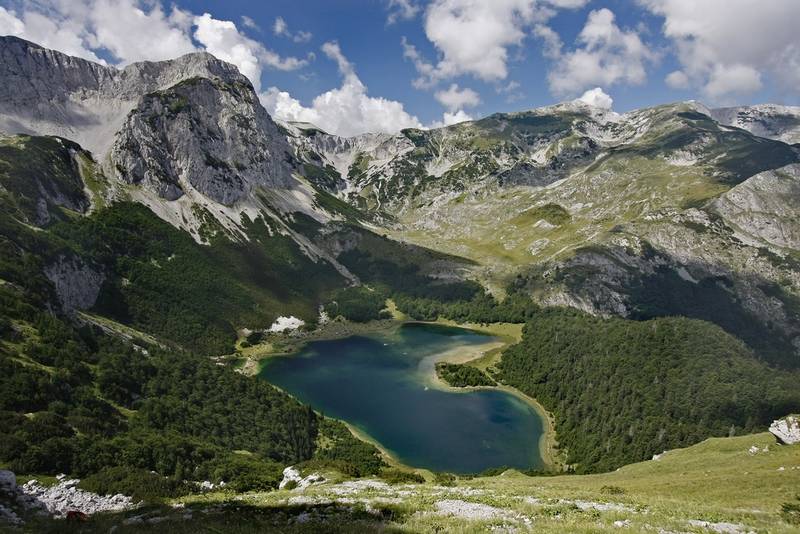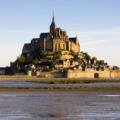Bosnia and Herzegovina is a country renowned for its rich cultural tapestry and breathtaking natural landscapes. With a history marked by diversity and a blend of Eastern and Western influences, this nation offers a mosaic of traditions, evident in its architecture, cuisine, and customs. The picturesque allure of its landscapes, from the lush greenery of its mountains to the serene beauty of its rivers and lakes, captivates visitors and locals alike. Yet, Bosnia’s history bears the scars of conflict, particularly the devastating war in the 1990s, leaving behind a legacy of resilience and a firm resolve towards reconciliation and progress. Its welcoming people, vibrant cities like Sarajevo and Mostar steeped in history, and a fusion of cultures make Bosnia and Herzegovina a compelling and evolving tapestry of past, present, and hope for the future.
Mostar
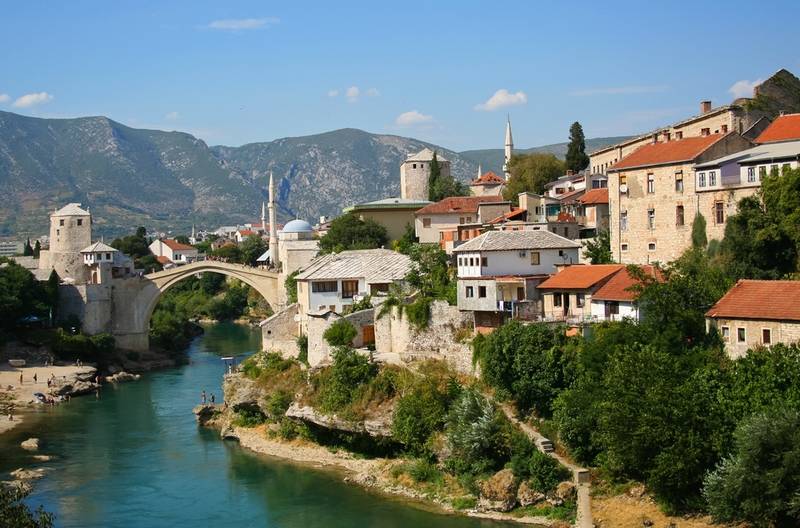
Stari Most bridge. lenar-musin/shutterstock
Mostar, an enchanting city in Bosnia and Herzegovina, exudes an irresistible charm shaped by its iconic Old Bridge, known as Stari Most, which spans the emerald waters of the Neretva River. Steeped in history, Mostar stands as a living testament to the coexistence of diverse cultures, epitomized by its blend of Ottoman, medieval, and modern influences. The city’s cobblestone streets lead visitors through a maze of old bazaars, mosques, and enchanting alleyways, where the echoes of its multicultural past resonate. Mostar’s vibrant atmosphere and warm hospitality showcase the resilience of its people, rebuilding and preserving their heritage after the scars of conflict.
Sarajevo
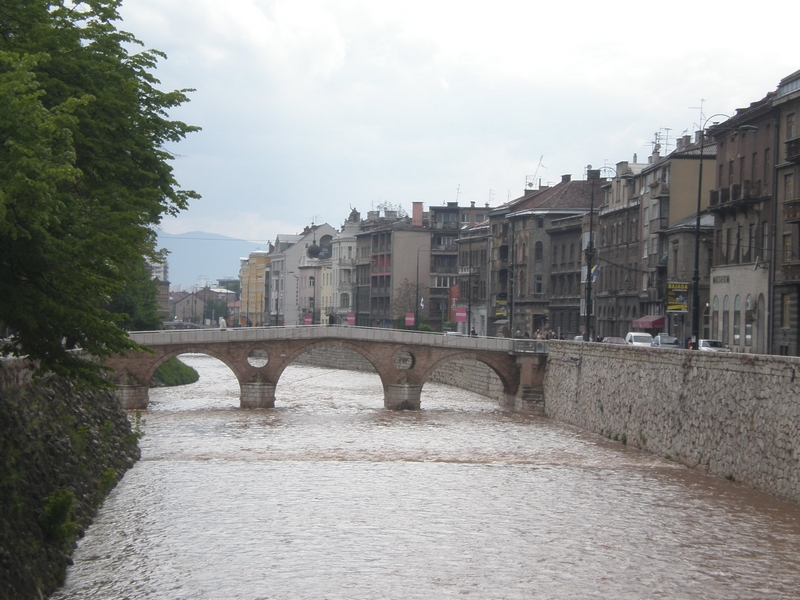 Latin Bridge where Archduke Franz Ferdinand was assassinated in 1914Play |
Sarajevo, the capital city of Bosnia and Herzegovina, serves as a captivating blend of diverse cultures, where East meets West in a harmonious fusion. Renowned as the “Jerusalem of Europe” for its historical tapestry of religious and cultural diversity, Sarajevo proudly showcases its centuries-old heritage through its mosques, churches, synagogues, and historical landmarks. The city, nestled within a picturesque valley surrounded by mountains, bears witness to a tumultuous past yet exudes an indomitable spirit of resilience and unity. Infamous for the assassination of Archduke Franz Ferdinand in 1914, sparking World War I, Sarajevo’s history transcends beyond this event, revealing a rich tapestry of Ottoman, Austro-Hungarian, and Yugoslav influences. The bustling streets of Baščaršija, the heart of the old town, offer an array of sights, sounds, and flavors, inviting visitors to immerse themselves in its vibrant markets, traditional cafes, and a palpable sense of cultural vibrancy.
Sutjeska National Park
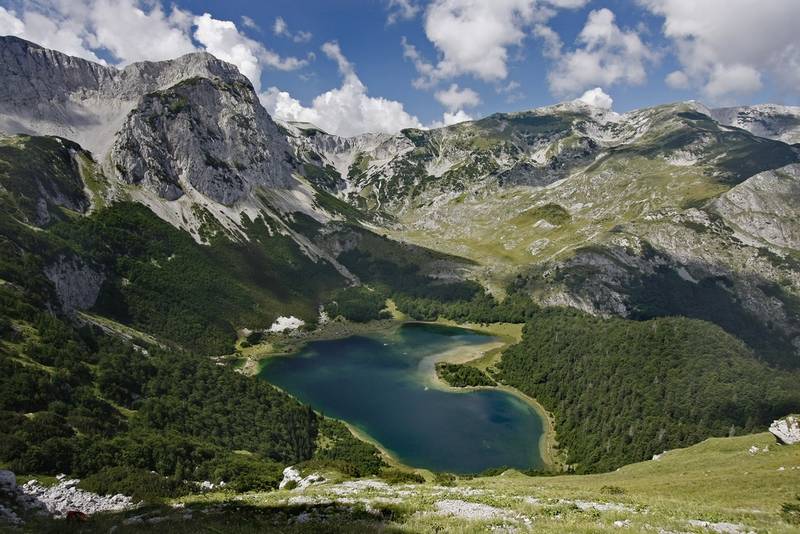
Trnovacko Lake, Sutjeska National Park, Maglic Mountains. dan-tautan/shutterstock
Sutjeska National Park stands as a pristine sanctuary of unspoiled nature and breathtaking beauty. Renowned as one of the oldest and most diverse national parks in Southeast Europe, Sutjeska is a haven for outdoor enthusiasts and nature lovers. Its rugged terrain, encompassing majestic mountains, deep river canyons, lush forests, and diverse wildlife, offers a haven for hikers, climbers, and wildlife enthusiasts. The park is home to the last primeval forest in Europe, Perucica, which shelters rare species of flora and fauna. Moreover, the park holds historical significance, being the site of the Battle of Sutjeska during World War II, commemorated by a memorial complex honoring the Yugoslav Partisan resistance.


